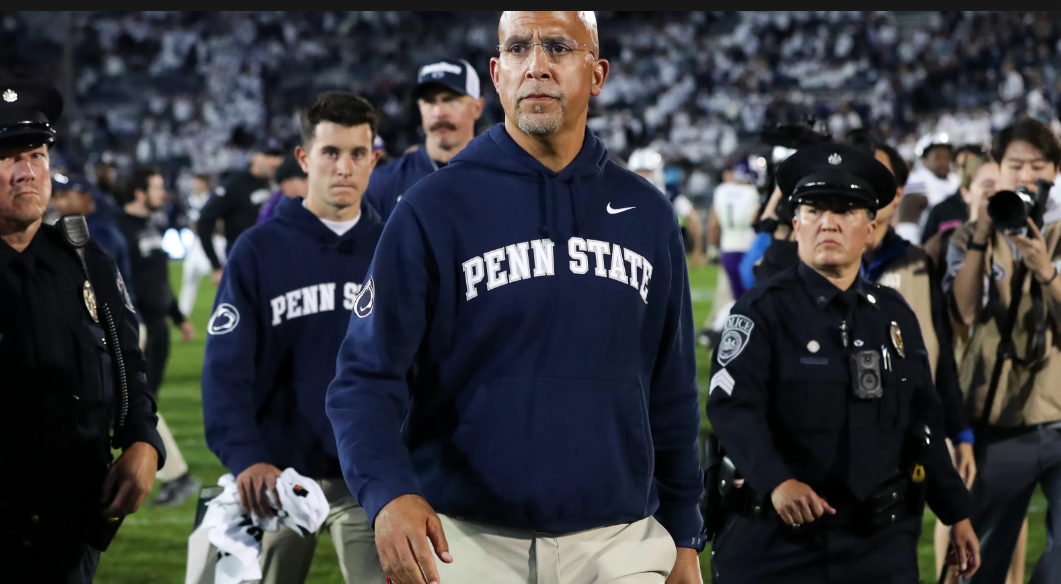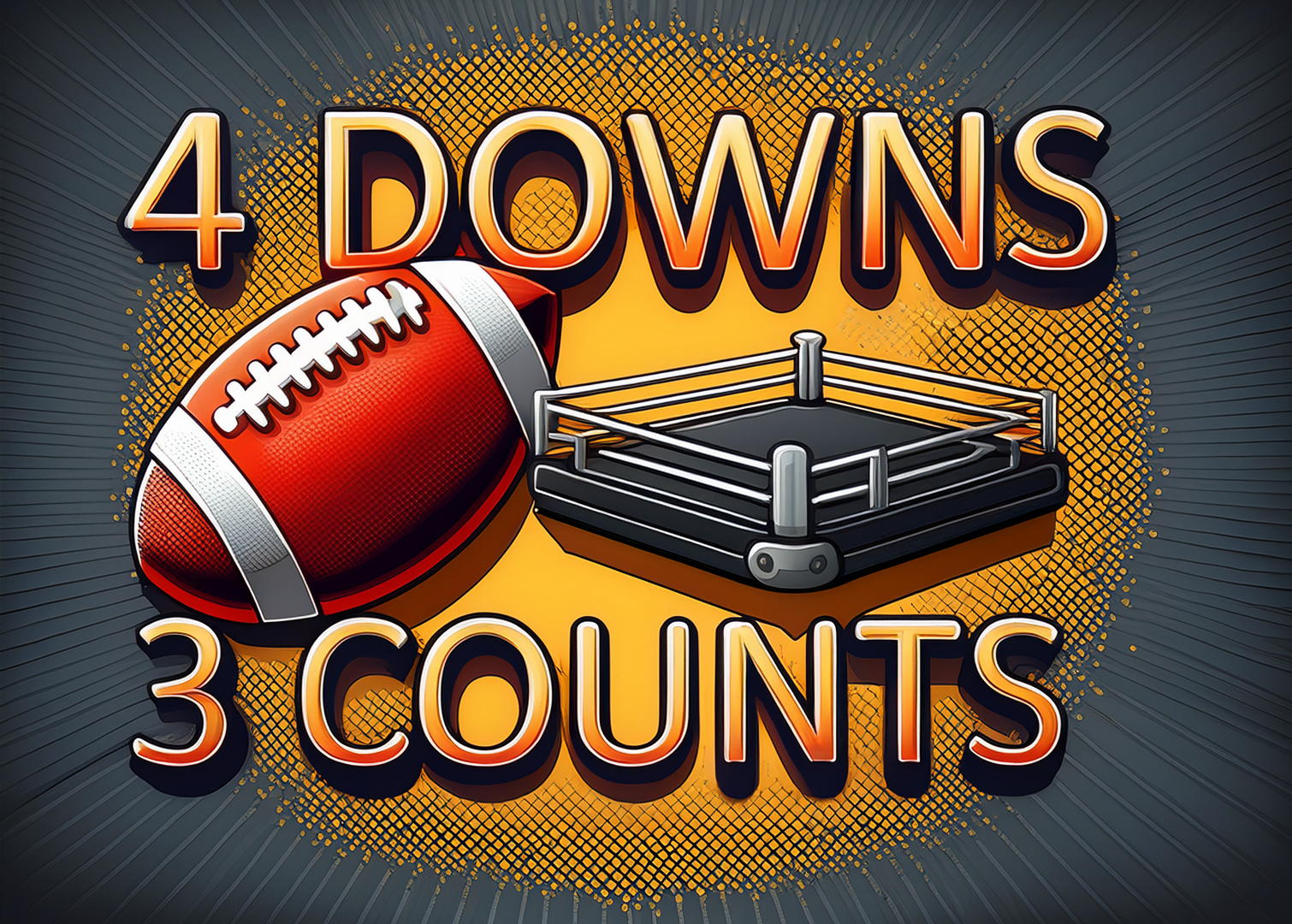The Media Effect: How Coverage of NFL Coach Firings Shapes Decisions

In today's NFL, it's not just about wins and losses on the field—it's about the headlines, the talk shows, and the debates playing out on national television. Media outlets don't just report on coach firings anymore; they drive the conversation, build pressure, and in some cases, set the stage for ownership to make a move. ESPN, in particular, has become the loudest voice in this cycle, with daily segments not just analyzing games but openly arguing over which coach should be fired next.
Leading Into Firings: The "Hot Seat" Culture
Before a firing becomes official, the groundwork is laid in the media. Outlets like CBS Sports create "hot seat rankings," while FanSided speculates on the next domino to fall. But no outlet drives this discussion louder than ESPN. On shows like First Take and Get Up, analysts don't tiptoe—they argue passionately about whether a coach should keep his job. Clips circulate on social media within minutes, fueling fan frustration and magnifying the pressure.
This constant cycle doesn't just reflect reality—it creates it. A coach labeled "done" by ESPN's national voices is suddenly in the crosshairs in ways internal team evaluations might not have predicted.
Covering Firings: Breaking News as Spectacle
When a firing happens, it immediately dominates the airwaves. AP, Reuters, and Washington Post deliver the straight news, but ESPN turns it into a rolling story: live reactions, panel debates, player soundbites, and sometimes, hour-long specials dissecting the fallout.
This spectacle transforms a single roster decision into a multi-day storyline. Owners know that a firing will not only be covered—it will be debated, argued, and relived on highlight reels, shaping how fans view the franchise.
Predicting the Next Move: The Coaching Carousel
Almost as soon as the firing is announced, the media pivots to predicting replacements. Reuters and FanSided publish lists of "names to watch," while local outlets push their insider rumors. ESPN again takes center stage, with analysts clashing over who should be the next head coach. It's less reporting, more theater—turning speculation into perceived inevitability.
This matters because once ESPN's personalities endorse certain candidates, ownership faces public pressure. Fans begin expecting a splash hire or a specific coordinator, and failing to meet that expectation can be seen as another "loss" off the field.
The Media's Influence on Ownership Decisions
NFL owners may claim to make decisions in isolation, but the media spotlight changes the math. Negative coverage damages ticket sales, merchandise, and brand image. When ESPN runs repeated debate segments demanding change, it makes standing still look weak.
Ultimately, many firings aren't just about bad records—they're about bad optics. A coach who becomes a weekly ESPN talking point for the wrong reasons becomes too much of a liability to keep.
Conclusion
The NFL is a league of results, but in the media era, perception often matters just as much. Outlets like CBS, AP, and Reuters report the facts. But ESPN—through its debates, arguments, and 24/7 coverage—often leads the charge, shaping how fans feel and how owners respond. In some ways, the loudest voices on television have become the league's unofficial front office advisors, turning the hot seat into a primetime spectacle.
👉 Ovi's Take: This is why coaching decisions can no longer be judged solely by playbooks and game plans. The real game is played in the media, and right now, ESPN is calling the plays louder than anyone else.
